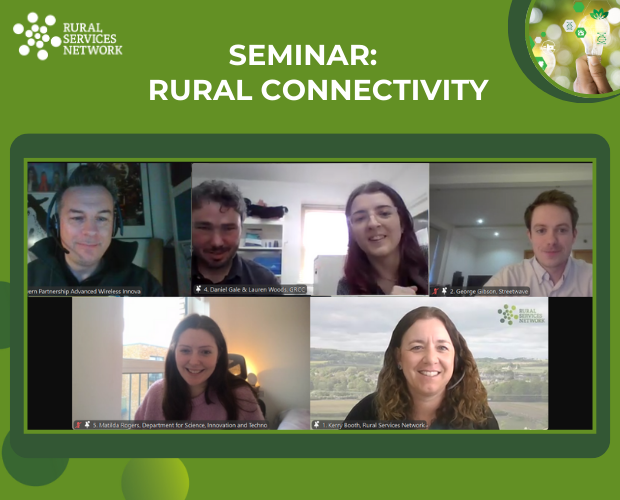T: 01822 851370 E: [email protected]
Response to Local Government Finance Statement

The Local Government Finance Statement has been published today, 28 November 2024.
The Rural Services Network initial thoughts are as follows:
Removal of Rural Services Delivery Grant
The RSN is disappointed to see the Rural Services Delivery Grant has been removed from the Local Government Settlement. The Rural Services Delivery Grant was contentious from the outset, created to compensate for the fact that the funding formula was not awarded in full to rural areas but was instead dampened to allow money for densely populated local authorities. The Grant was therefore introduced in 2013/2014 to compensate for the funding due to rural, not being allocated. It is impossible to judge the impact of this repurposing of RSDG funds until we see the detail of the allocations later in December when they are published, it is critical however that funding for rural areas is not misallocated again in future and recognises the cost of delivering services in sparsely populated areas.
Deprivation as a proxy
The statement talks of using deprivation as a proxy for assessing places with greater need and demand for services. Deprivation is not an indicator of need for all services, we all need our bins and recycling emptied after all, and this does not consider the additional costs faced by rural councils in delivering those services. Using deprivation as an indicator of demand for services, does not consider the ageing population and the additional demands that demographic place on services, for example in rural areas, over a quarter of the population is aged 65 and over compared with around a sixth of the urban population.
Current indicators for deprivation mean that rural deprivation, which exists in pockets, within wider geographical areas, will be hidden within the overall results, skewing the funding allocations away from rural deprived areas which may need it most.
Bespoke Referendum Principles and Council Tax
The statement talks of the Government considering bespoke referendum principles where councils are struggling to maintain their financial sustainability. Due to years of historic underfunding of rural councils, they have had to increase council tax to balance the books. For 2024-2025 council tax in rural areas is on average 20% more per head than in urban areas, this is compounded by the fact that wages earnt in the rural economy are lower than the national average, leaving those rural residents at a financial disadvantage. This suggestion would potentially see rural residents penalised yet again by a ‘postcode council tax’ and needing to pay even more in council tax for their services, despite often receiving less services in return.
The Rural Services Network will await with interest the Local Government Finance Settlement detail which will be published later in December to see the impact of these changes and will continue to campaign on behalf of rural public services for a fairer allocation of funds.
Last week, the Rural Services Network, along with over 55 rural local authorities wrote an open letter to the Minister, asking for a fairer allocation for rural public services.
SIGN UP TO OUR NEWSLETTER
Sign up to our newsletter to receive all the latest news and updates.









